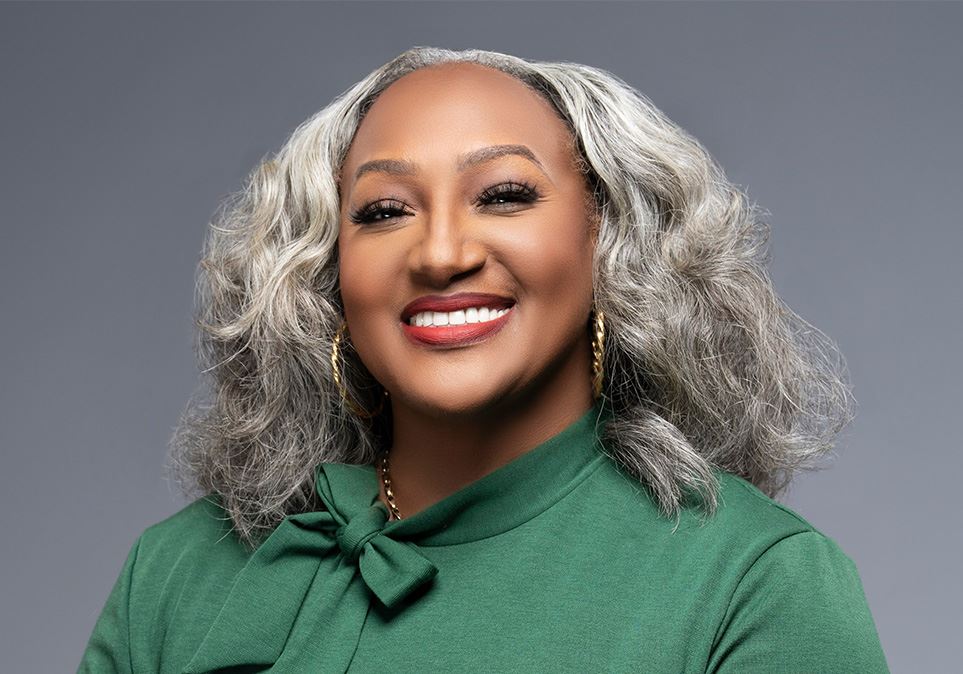
DeKalb County Child Custody Lawyers
Protecting Your Time with Your Children Is Critical
Child custody is one of the most challenging issues to address in divorce. Before a Georgia divorce can be granted, spouses must agree on a parenting plan for child custody and visitation. If parents cannot agree, the court will make that determination. The best way to avoid the emotional fallout of a contentious child custody battle is to consult an experienced family law attorney.
For over 30 years, E.N. Banks-Ware Law Firm has represented clients facing child custody issues. During this time, Georgia child custody laws have evolved and now recognize that children can benefit from having the guidance and support of both parents. Our objective is to help you preserve the bonds with your children, protect your interests as a parent, and devise the best solution for your family.
Request a confidential consultation with a DeKalb County child custody attorney at E.N. Banks-Ware Law Firm by phone at (470) 523-3135. Or contact us online to get started. We serve parents in Lithonia and throughout Atlanta Metro.
Child Custody in Atlanta
Georgia, like most states, has two types of custody:
- Legal custody: this involves the right of each parent to make decisions for the child, such as education, health care, religious upbringing, and extracurricular activities
- Physical custody: this determines which parent the child will live with and the parenting time/visitation rights of the other parent
Georgia courts prefer to award joint legal custody unless circumstances make a parent incapable of handling custodial responsibilities. The court may consider a parent with a history of alcohol or drug use unfit for child custody, for example, in which case sole legal custody may be awarded to the other parent.
Courts sometimes will not award joint physical custody for other reasons. Often, joint custody may not be practical, particularly when parents do not live near one another or because a parent has a problematic work schedule. Because of this, it is critically important for parents to work together to agree on a parenting plan that best suits their situation.
Understanding Child Custody in DeKalb County
Navigating child custody matters in DeKalb County can be particularly challenging, especially for parents in cities like Lithonia and throughout the Atlanta Metro area. Local resources, such as the DeKalb County Superior Court, provide essential information on custody laws and procedures, but understanding how these laws apply to your unique situation is crucial. Many parents face the stress of balancing work commitments and parenting responsibilities, which can complicate custody arrangements. This is where having a knowledgeable attorney can make a significant difference.
In DeKalb County, the court system emphasizes the importance of both parents being involved in their children's lives. However, logistical issues such as distance between residences or conflicting work schedules can create obstacles to achieving a fair custody arrangement. Local parents often express concerns about how to maintain a healthy co-parenting relationship while ensuring their children's needs are met. By working collaboratively and focusing on the best interests of the child, parents can often find solutions that work for everyone involved.

How Do Courts Determine Child Custody in Georgia?
If parents fail to reach a custody agreement, the court will decide based on the child's best interests.
Factors the court will consider in approving a parenting plan or making its determination include:
- The child’s physical, emotional, religious, and social needs
- The ability of each parent to meet the child’s needs
- The love, bond, and emotional ties between the child and each parent
- The importance of maintaining a stable environment and continuity of care
- The willingness and ability of each parent to foster a continuing relationship between the other parent and the child
Additionally, children 14 or older can request which parent they prefer to live with, but the court ultimately decides.
Is Custody Granted 50/50?
This is a common custody question. In Georgia, a 50/50 custody split is not the norm. Even when the judge grants parents joint custody, it does not mean they will automatically have equal time with their children.
Judges must consider if splitting time equally between two homes is best. Often, it does not make sense to have a child spending half of their time with a parent who does not live near a child’s school, friends, or activities.
It is possible to get a 50/50 arrangement, but it must be shown that it is better for your child than another schedule.

Our Commitment to Your Family
What Sets E.N. Banks-Ware Law Firm Apart?
-
Integrity and TrustWe prioritize integrity and trust in all our interactions, fostering a transparent and honest relationship with our clients to help them navigate their legal challenges confidently.
-
Personalized SolutionsEvery family is unique, and so are their legal needs. We provide personalized legal solutions tailored to fit the specific circumstances of your case.
-
Expert AdvocacyWith extensive experience in family law, we offer expert advocacy to protect your rights and interests, ensuring the best possible outcomes for you and your family.
-
Compassionate SupportWe understand that family legal matters can be emotionally challenging. Our team is dedicated to providing compassionate support and guidance every step of the way.
Defending Custodial Parents
For custodial parents, defending your custody rights is paramount. Whether addressing accusations from the non-custodial parent or ensuring compliance with court-mandated arrangements, our team provides the necessary support and experience. We focus on maintaining stability for your child and safeguarding your parental rights through steadfast representation and strategic defense.
Modification of Custody
In some cases, parents may need to request a modification of the child custody order or agreement due to a significant change in their life circumstances or those of the child.
To grant a modification, the court must be shown a material change in parental circumstances, such as:
- A parent seeks to relocate to a distant community or out of state.
- A parent is failing to adhere to the terms of the custody order.
- Allegations of child abuse or substance abuse have been made.

